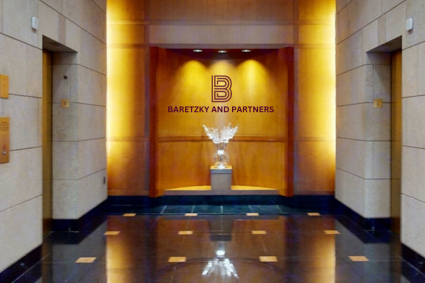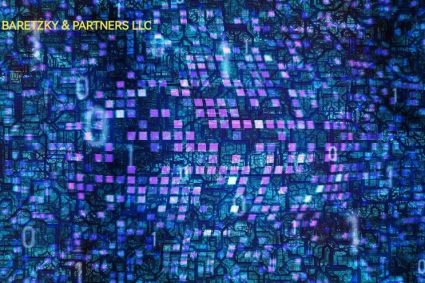
The rapid increase of digital fraud is a significant and growing concern globally, driven by the surge in online activities and technological advancements. Digital fraud encompasses a wide range of malicious activities, including identity theft, phishing, ransomware attacks, and financial fraud, all of which exploit vulnerabilities in digital systems and human behavior.
One major factor contributing to this rise is the widespread adoption of digital banking and e-commerce. With more people conducting transactions online, cybercriminals have more opportunities to intercept sensitive information and exploit security gaps. Additionally, the proliferation of smart devices and the Internet of Things (IoT) has expanded the attack surface, providing more entry points for malicious actors.
Phishing, in particular, has become increasingly sophisticated, with fraudsters using more convincing and personalized tactics to deceive victims. These scams often mimic legitimate communications from trusted entities, luring individuals into divulging personal information or clicking on malicious links. The COVID-19 pandemic further exacerbated this issue, as remote work and online shopping surged, providing fertile ground for fraudsters to exploit pandemic-related fears and uncertainties.
Moreover, the dark web facilitates the sale of stolen data and hacking tools, making it easier for even less technically skilled individuals to engage in digital fraud. The anonymity of cryptocurrency also aids in laundering the proceeds of these crimes, complicating law enforcement efforts.
Businesses and individuals are urged to adopt robust cybersecurity measures to combat digital fraud. This includes regular software updates, strong password practices, multi-factor authentication, and awareness training to recognize phishing attempts. Governments and regulatory bodies are also stepping up efforts to strengthen cyber laws and enhance cooperation to track and prosecute cybercriminals effectively.
The rapid increase of digital fraud is a multifaceted issue requiring a coordinated approach from individuals, businesses, and governments. As technology continues to evolve, so too must our strategies to safeguard against these pervasive threats. Without proactive measures, the costs—both financial and personal—will continue to rise, posing significant challenges to the security and trust in our digital world.
WWW.BARETZKY.NET




















